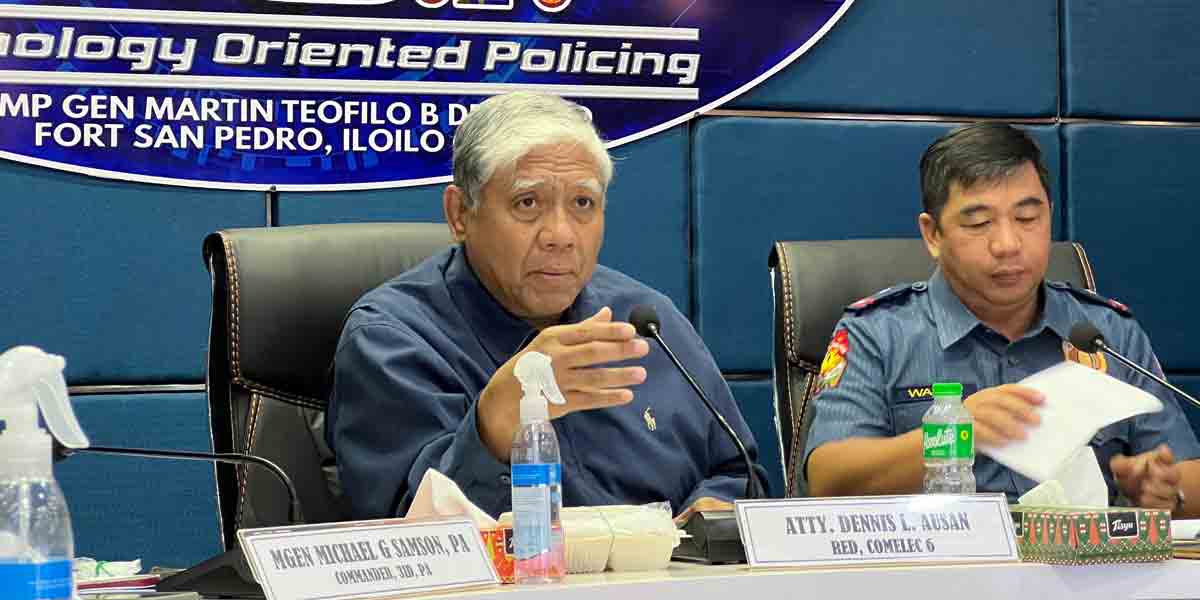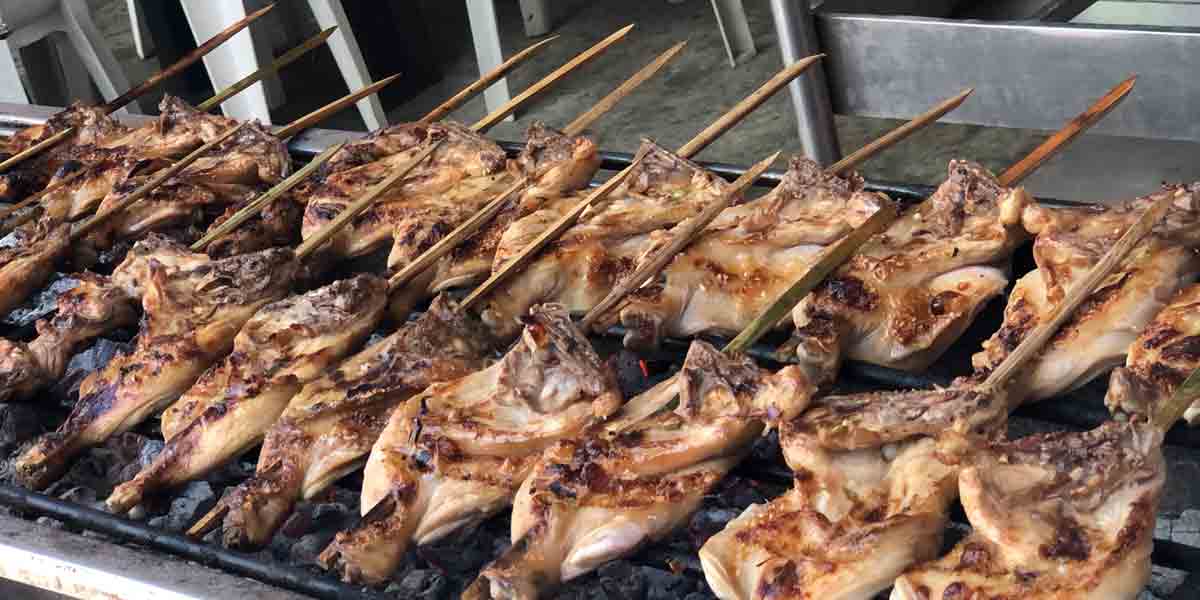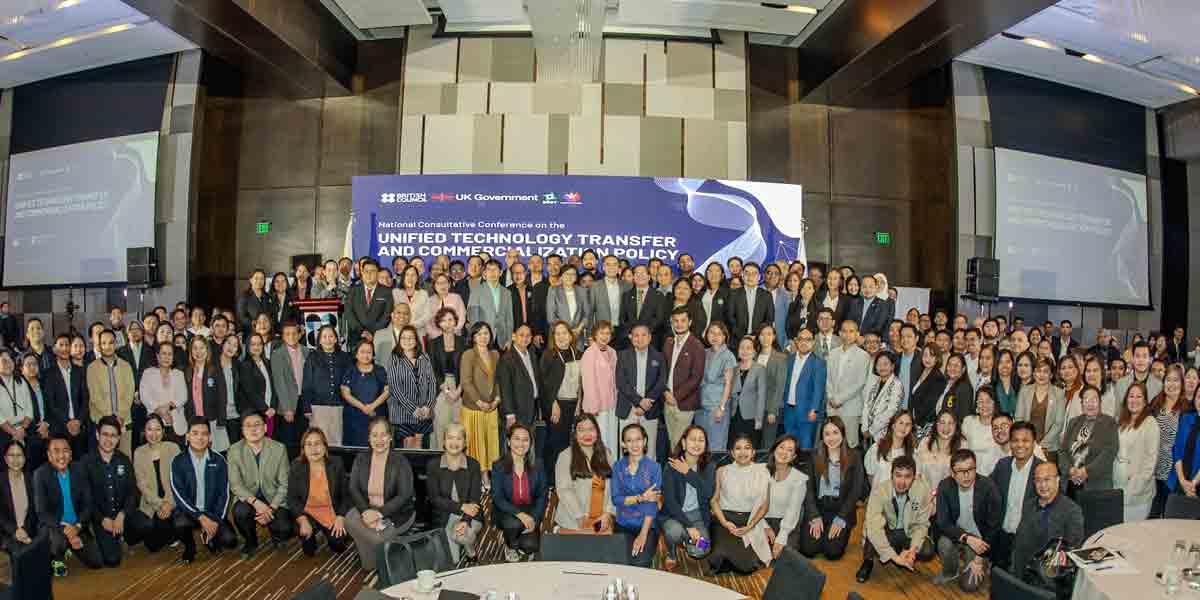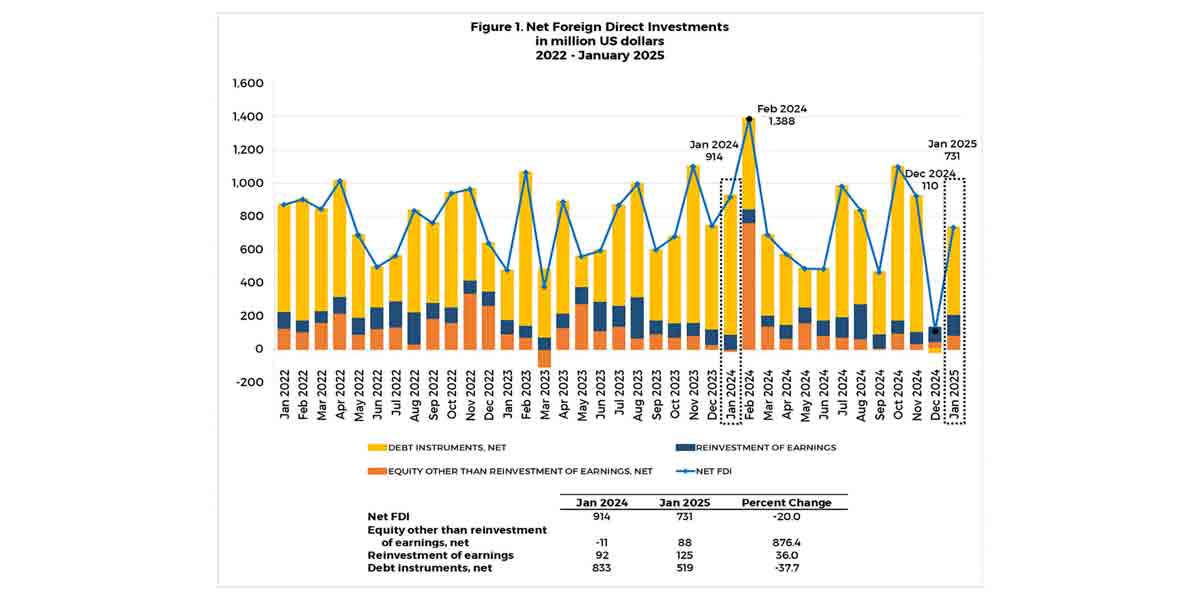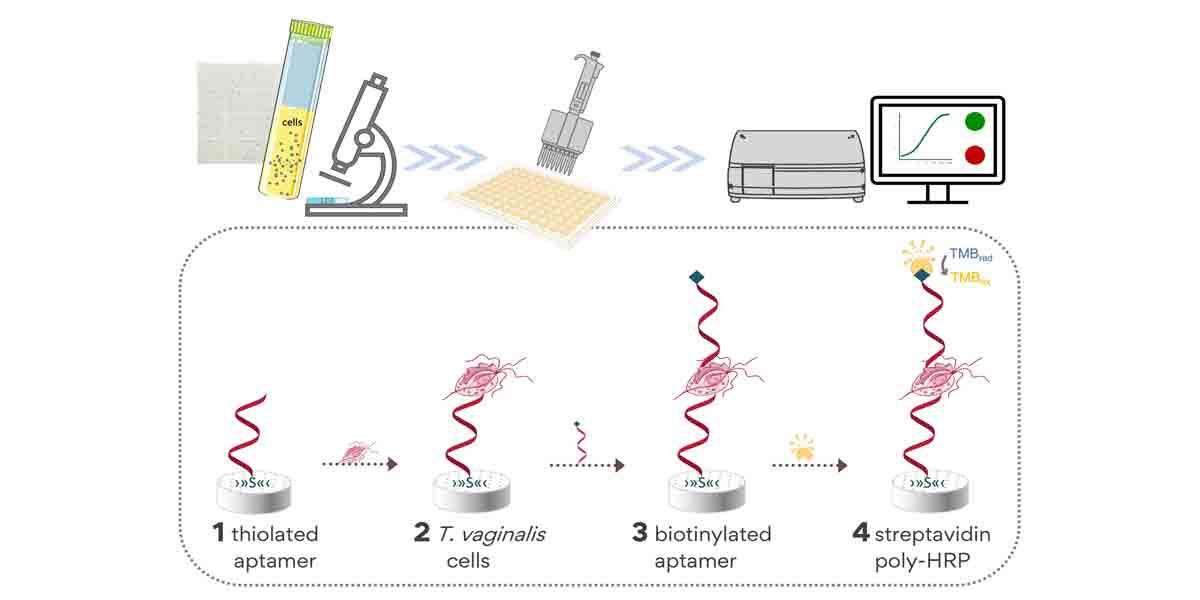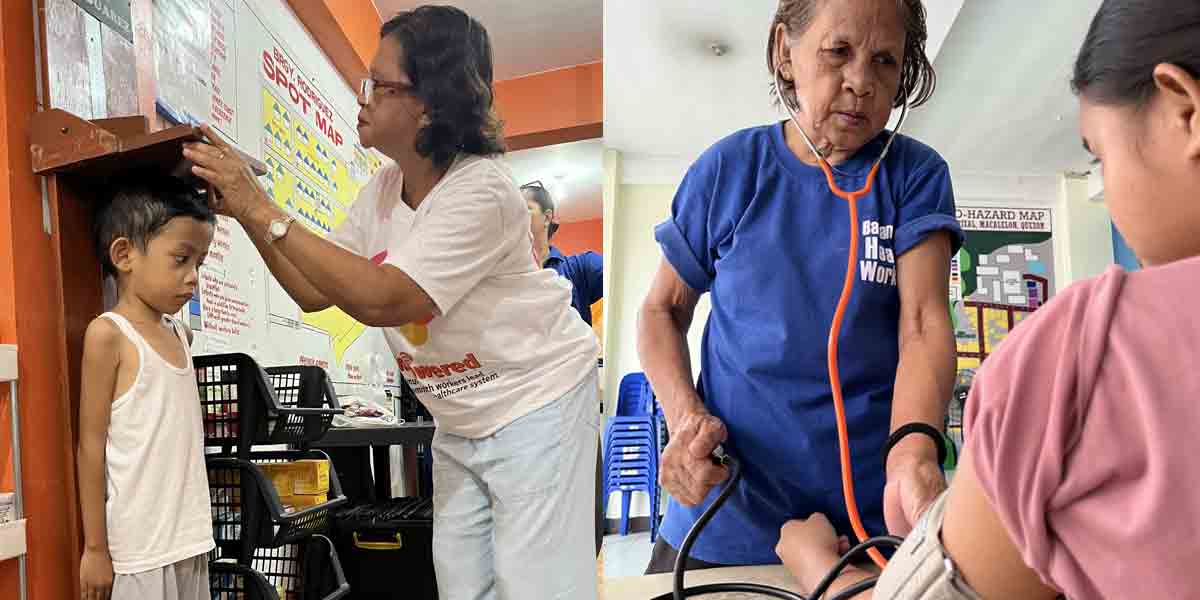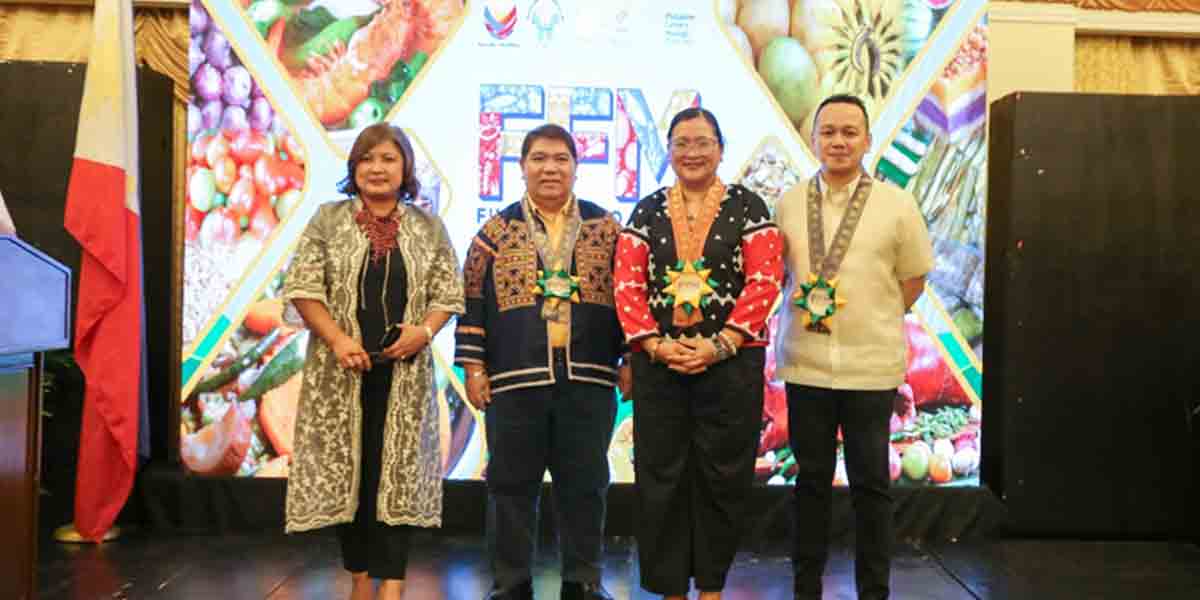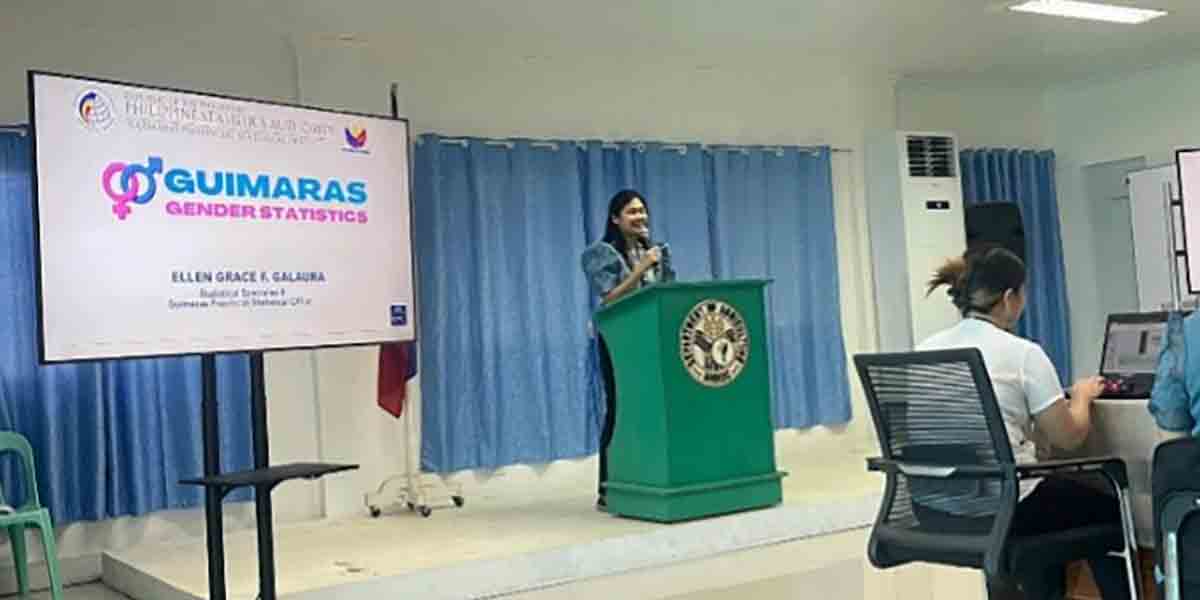
Aside from providing a short-term employment for displaced, underemployed, and seasonal workers, the Department of Labor and Employment Tulong Panghanapbuhay sa Ating Disadvantaged/Displaced Workers (DOLE-TUPAD) Program ushered an opportunity for a sustainable livelihood and a self-reliant community.
“We did not expect that this would become our life-long source of livelihood and provided the much-needed income during the times of the pandemic,” said Marilyn Ellorig, a TUPAD beneficiary, referring to the community vegetable garden which was realized through the DOLE-TUPAD project at Brgy. Ingclaro, Binalbagan, Negros Occidental.
The success of the project did not come easy.
On July 30, 2020, the “Liso, Kabuhi Ko” was launched in Negros Occidental. It promotes the collection of vegetable seeds and cuttings and establishes home and community gardens in all local government units through volunteerism.
During the early stage of its implementation, the project took a slow pace. “Many have responded to the call to do volunteer work for the establishment of the community garden, however, it was not their priority. Some would spend just a few hours and come back after a day or two,” said Maria Muriel F. Garcia, the municipal TUPAD Coordinator.
Thanks to DOLE RO No. 6 for arriving on time for the implementation of TUPAD program.
The partner-implementer availed of TUPAD Project and the funds were used as wages to establish and expand the community gardens.
DOLE granted Php553,000 for the project under the TUPAD program which employed one hundred forty (140) beneficiaries in November last year.
During this period, the beneficiaries cultivated the community’s available plots that used to be garbage pits and started planting vegetables.
“We are glad that the beneficiaries benefitted more than employment from the TUPAD program. They generated food supply for the community and developed idle areas into productive and profitable assets. We admire the industry and enthusiasm of the beneficiaries to build a self-reliant and healthy community, “said DOLE RO No. 6 Regional Director Cyril L. Ticao.
The bountiful harvest of the project caught the interest of more residents and they requested if they can also avail of the short-term employment through TUPAD.
Due to the success of the community gardens in the first 10 barangays, the proposal to employ more beneficiaries was approved.
By the end of December last year, DOLE granted Php2,528,125 for 425 TUPAD beneficiaries coming from all sixteen (16) barangays of Binalbagan. They worked for the establishment and expansion of the community gardens.
Aside from Barangays, associations also participated in the project namely, Mangahoy-Kahoy, Capaklan Farmers’ Association, Barangay San Juan and Ingklaro Fisherfolks Association, and Barangay Bi-ao Farm Workers Association, an indigenous peoples group.
The beneficiaries said that the project has provided relief to their lives. According to Sylvia Marcelino (Brgy Payao) and Maria Liezel Paraba (Brgy Sto. Rosario) the communal garden provided them alternative livelihood during the pandemic when classes were suspended and they stopped their food vending livelihood in schools.
Inspired by the results of the TUPAD project, the Municipality of Binalbagan is pushing for a resolution institutionalizing the mandatory establishment of community gardens in all barangays of the Municipality and establishing a market day of their products on Wednesdays.
The Municipality of Binalbagan also plans to expand their community gardens, and produce by-products using organic vegetables as the main components and to market their harvests to adjacent towns.
“These types of innovations from our program partners inspire us in delivering our tasks in the Department. We encourage other LGUs in the province to replicate this best practice to their localities as well”, said Ma. Victoria Diwata Borines, DOLE Integrated Livelihood and Emergency Employment Program (DILEEP) focal person of Negros Occidental Field Office (NOFO).
“It is beautiful to witness the fruit of convergence of programs and services of LGUs and national government agencies being felt by the people on the ground”, added DOLE-NOFO Head Mary Agnes N. Capigon.


